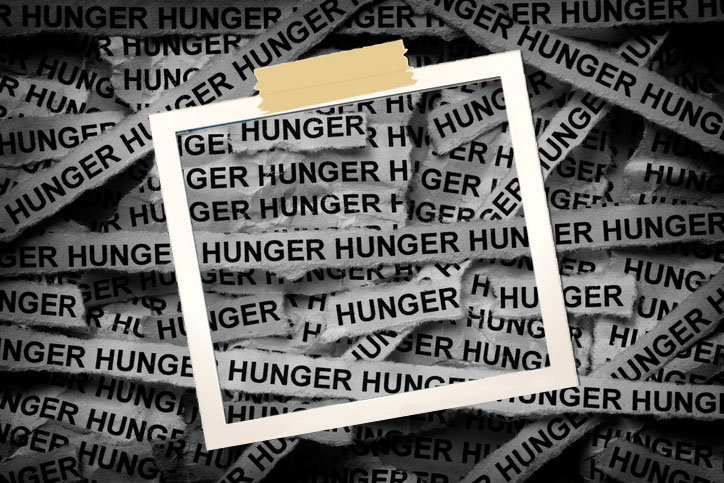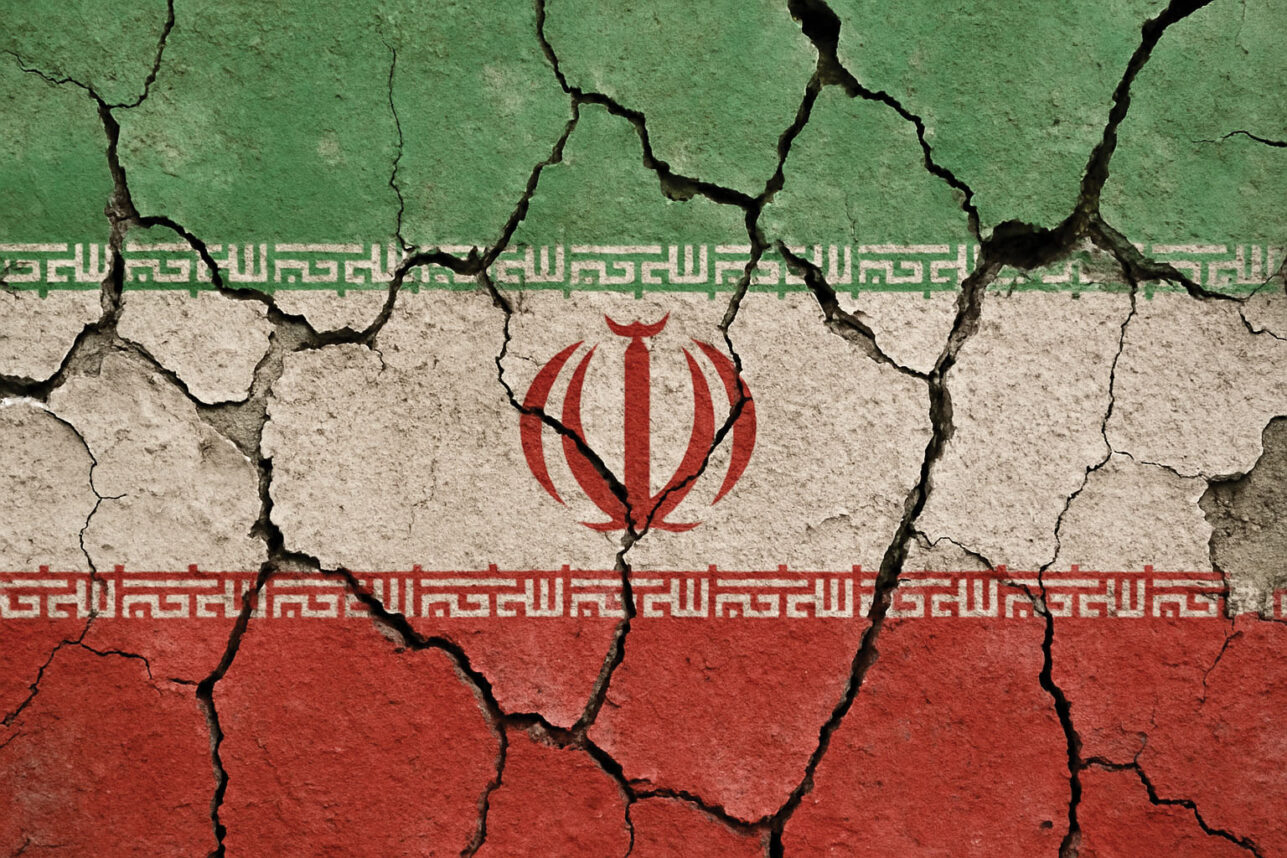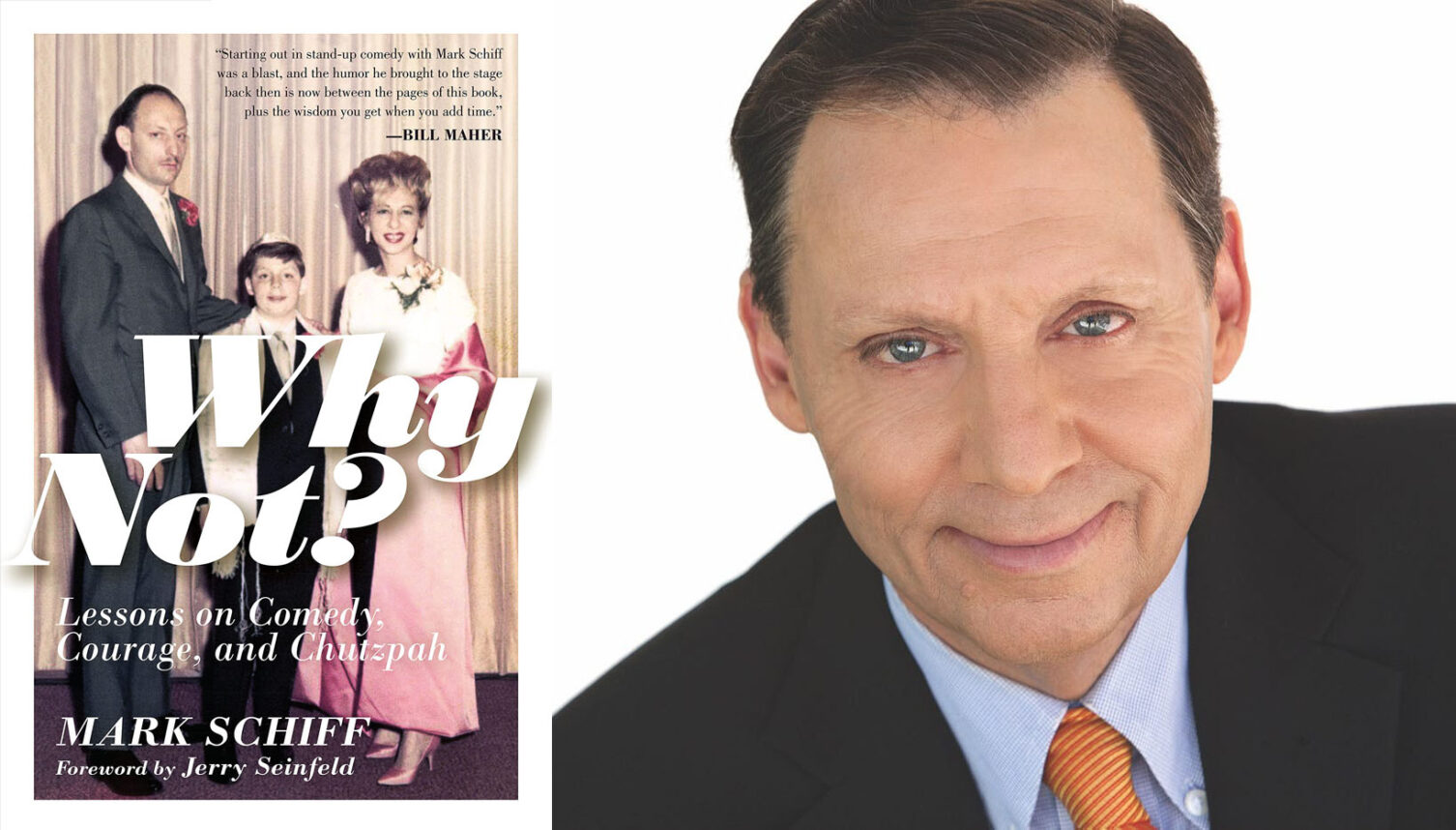Food crosses boundaries. We all have appetites, we all have a genetic compulsion to look at what’s on someone else’s plate, and most of us are willing to try anything once. One taste leads to another, and before you know it there is Peruvian sushi and lattes in Koreatown and boba in London. Food can be a fence between peoples—the laws of kashrut are a perfect example of that, keeping Jews away from others’ dinner tables—but it can also be a bridge: look at the way delis and bagels have introduced people to Jewish culture. What food can’t be is controlled. Cuisines are a living thing: changeable, malleable, constantly in flux. One year tomatoes are as much a part of Italian cuisine as poi, the next year—1492—to be exact, they will start to define Italian cuisine.
And so, food historians may one day look back on 2009 as a revolutionary year in American Jewish food. Why? A column we picked up from Mark Pearlman on JInsider provides a clue: Maneshewitz, the iconic Ashkenazic kosher food company, has been bought by Sephardic Jews. Alain Bankier and Paul Bensabat, along with a third financial partner, have taken over a holding company that includes Manischewitz, Rokeach, Goodman’s, Cohen’s, Ratner’s brands among others. These are the brands that have come to define kosher food in America: Ashkenazic—that is, with origins in the foods and cuisines of Eastern Europe—stodgy, bland, spiceless. For generations their products—borscht and gefilte fish in a jar, matzos in a box, frozen blintzes and knishes—have populated the shelves of supermarket kosher sections and sat on our holiday tables.
But guess what? These guys are Sephardic, with roots in North Africa. They can see far beyond the gefilte fish. They have no less a love for their Jewish heritage, but a much different experience of what that means, as Bensabat told Pearlman:
“Being Jewish is something very special, regardless of how religious you are. I am not Orthodox, but I am extremely proud of being Jewish and I have extremely strong feelings about being part of the community. My dad inspired me about the importance of being Jewish from the very beginning of my existence. I grew up in Casablanca in Morocco, so being a Jew in America I certainly appreciate the freedom and pride of
being Jewish without fear of consequence. Being Jewish is not just respecting the religion but also having the privilege of being part of The Chosen People, of an amazing community with a special bond and pact with God. We are unique and one-of-a kind and should always be proud to be Jewish.”
The new owners won’t change the surefire old favorites, but I assume they will expand the offerings to reflect their own beloved Sephardic Jewish foods, as well as foods that reflect Jewish tastes that have grown more international—Persian and Middle Eastern, for instance—and more demanding—for organic, humane and natural ingredients.
So think about Jewish food in America 20 years from now, after a couple of North African Jews have successfully reinvented what mass market kosher means. Jars of Moroccan boules de poissons, made from sustainably caught fish and spiced with red pepper and tumeric, on our Passover table; hamin—Sephardic cholent—made from organic, humanely raised beef cooking in the microwave, and matzo… well, matzo is matzo.
To read about the new Manischewitz, click here.



































